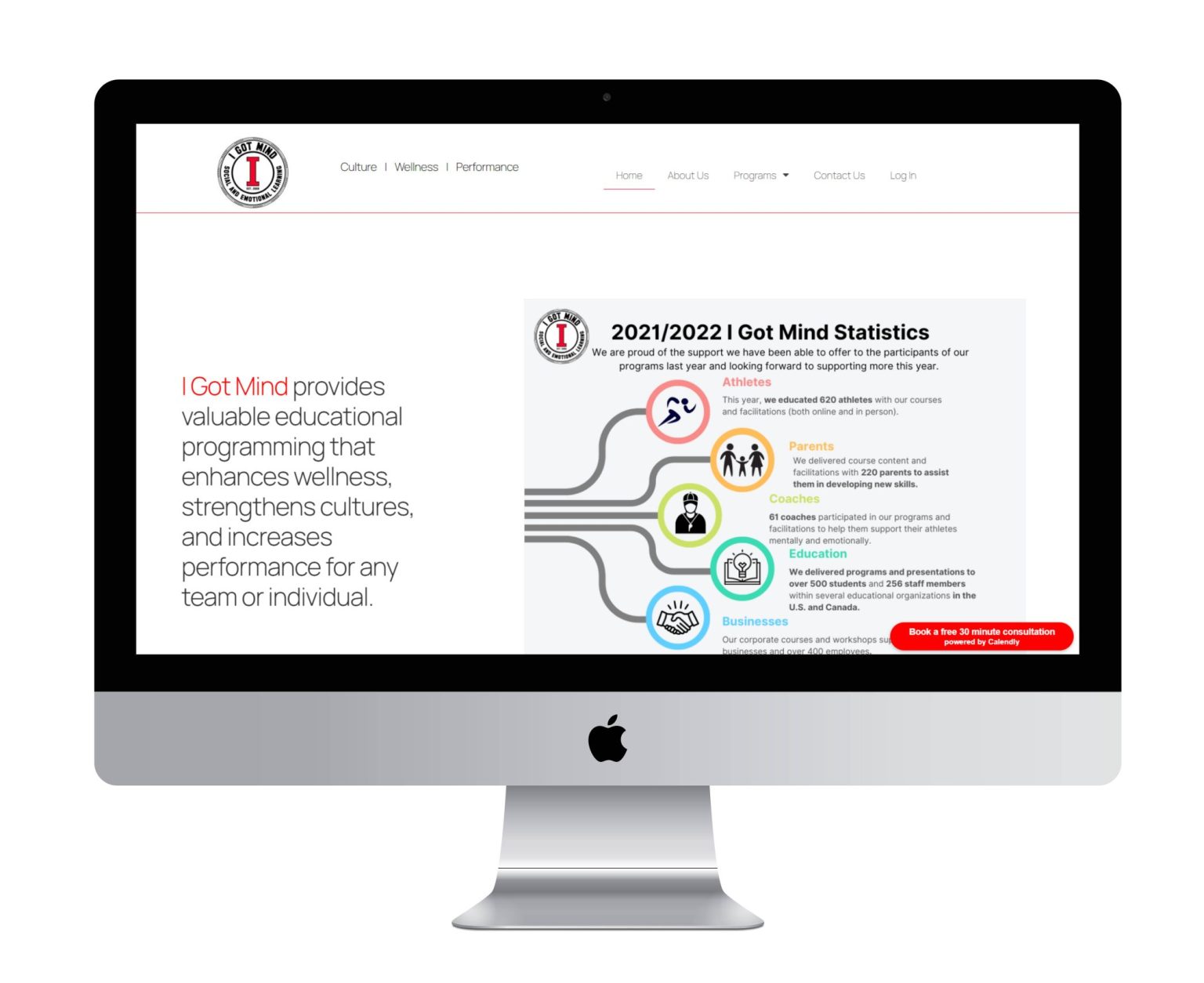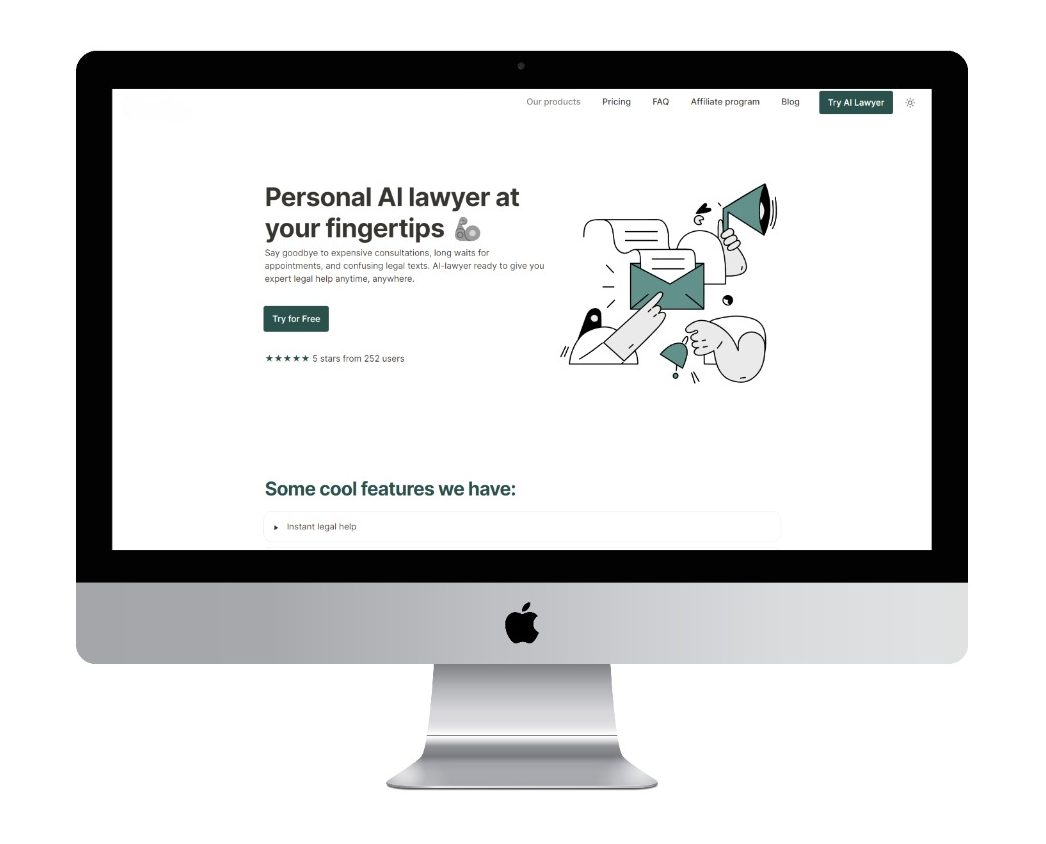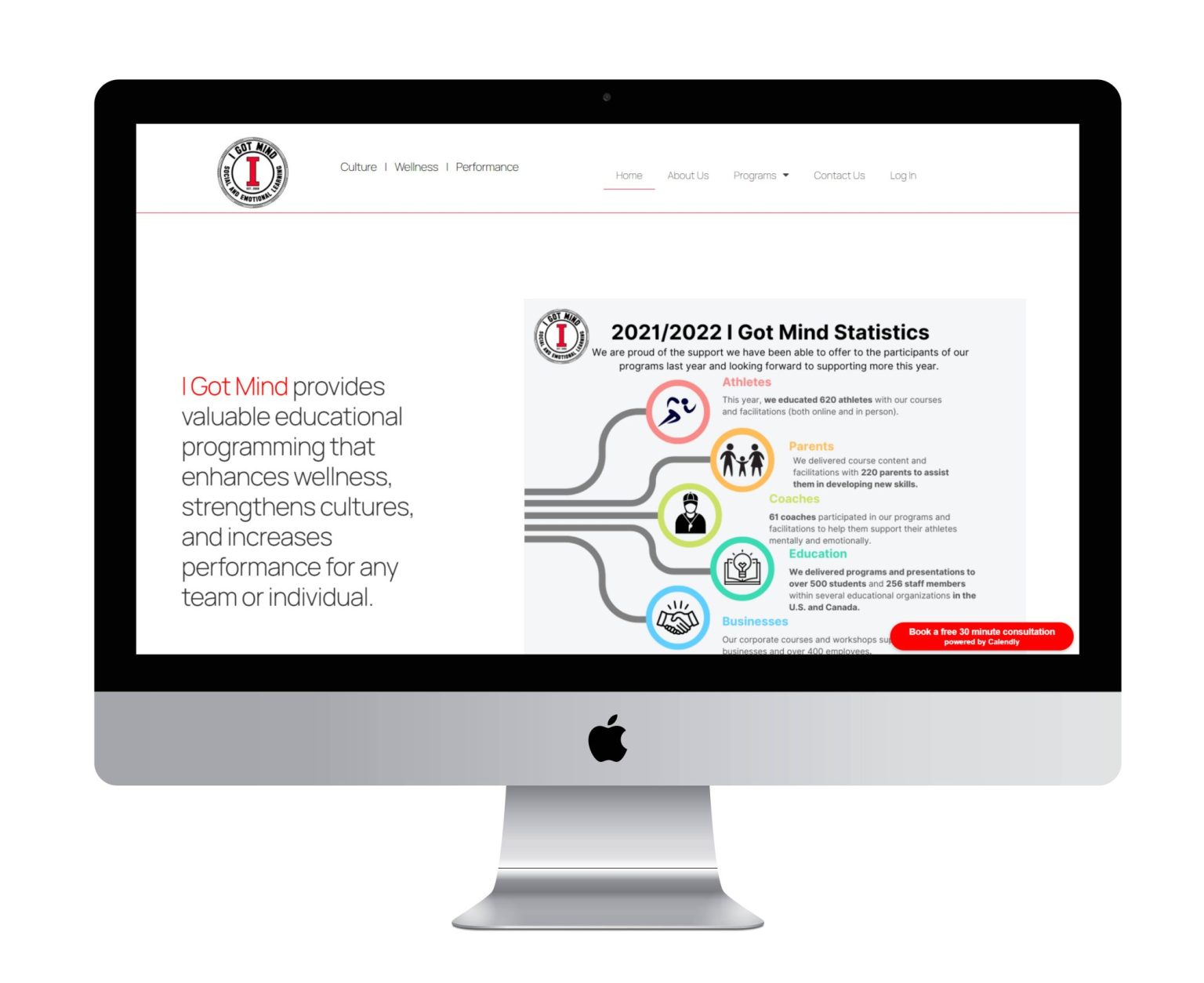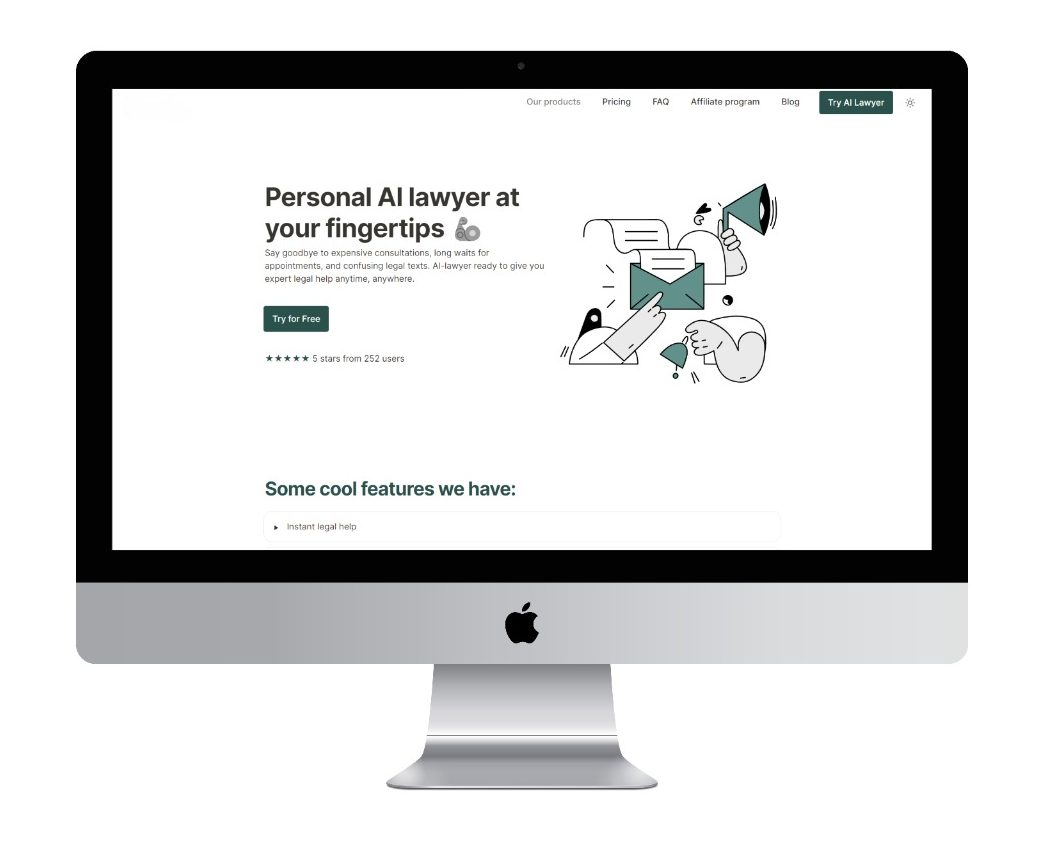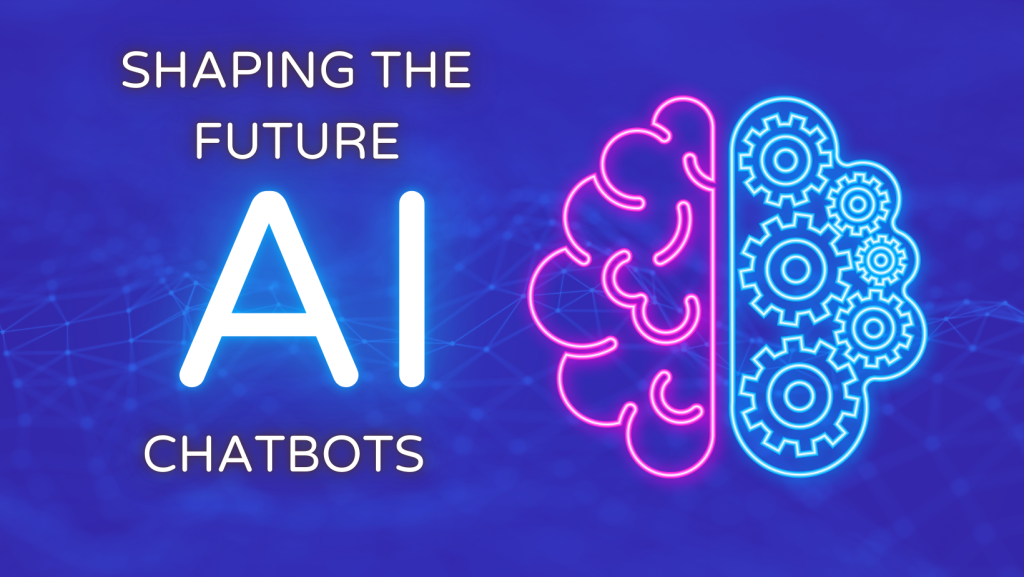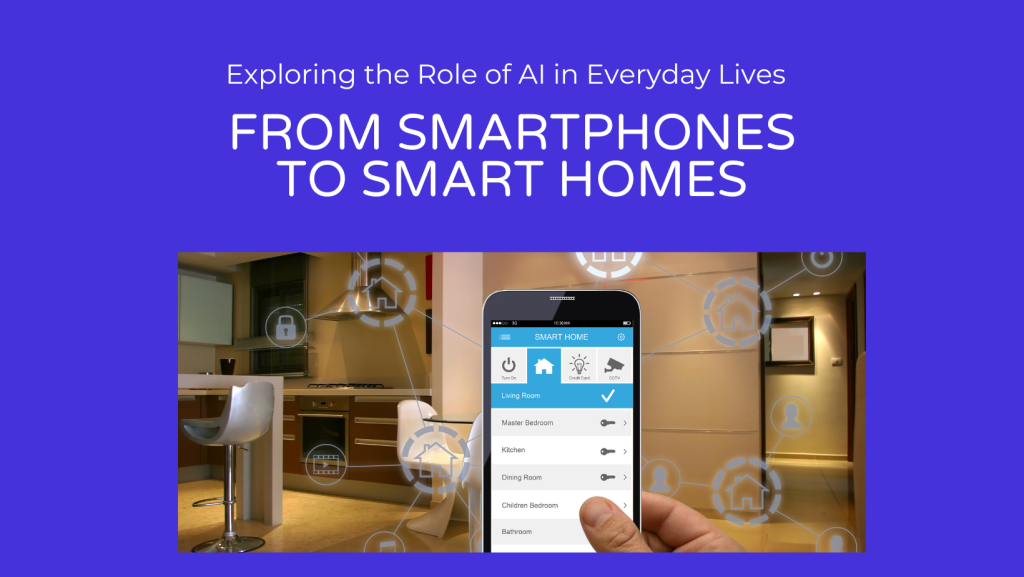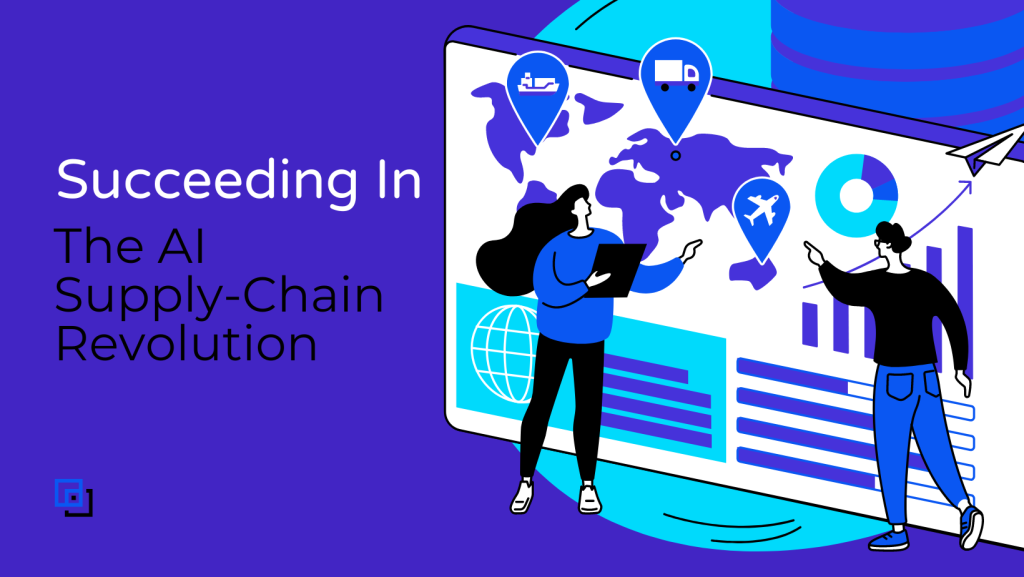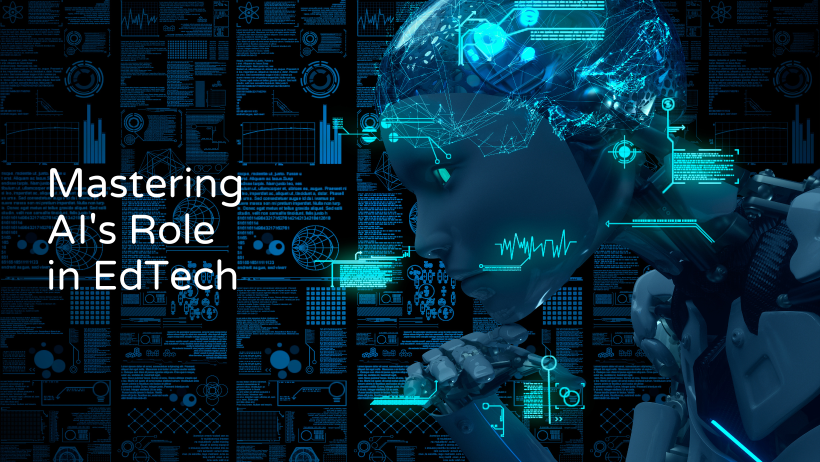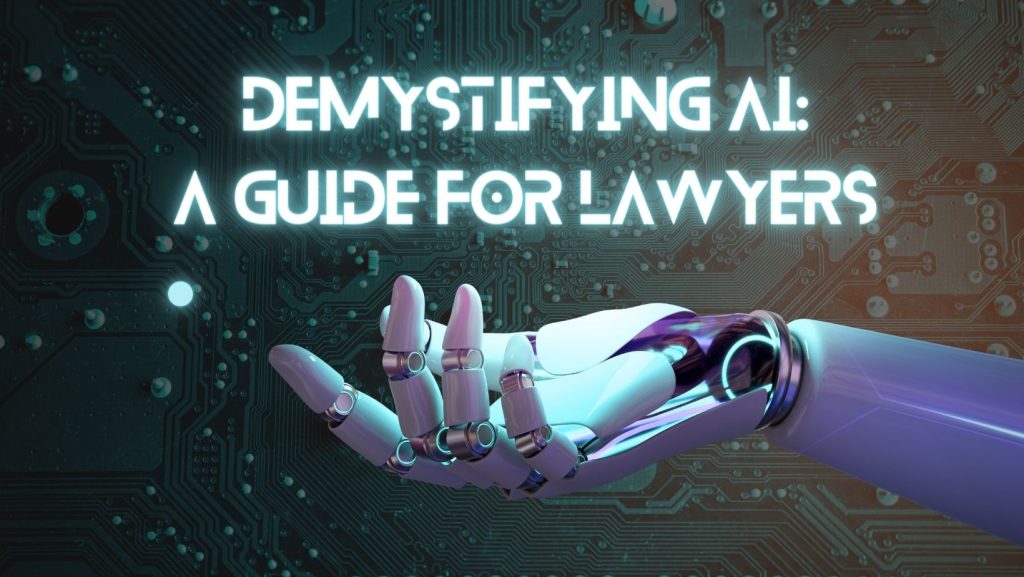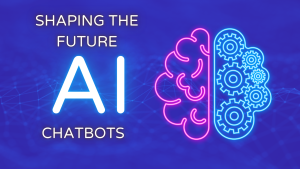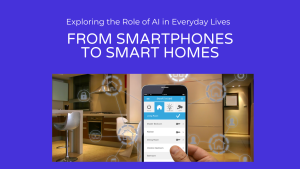Introduction to AI and its Rapid Evolution
Defining AI: Understanding the Concept and Scope
Artificial Intelligence (AI) is a branch of computer science that focuses on creating intelligent systems capable of performing tasks that typically require human intelligence. These tasks include speech recognition, decision-making, problem-solving, and learning. AI systems use algorithms to process and analyze large amounts of data, enabling them to make informed decisions or predictions.
The Evolution of AI: From Science Fiction to Reality
AI has come a long way since its inception as a concept in science fiction novels and movies. Over the past few decades, advancements in computing power and data availability have made it possible to develop sophisticated AI systems. From simple rule-based systems to complex machine learning algorithms, AI has rapidly evolved into a practical and applicable technology.
The Implications of AI in the Legal Profession
The legal profession is not immune to the transformative impact of AI. As technology continues to advance, AI has the potential to revolutionize various aspects of legal practice, including legal research, document analysis, contract review, predictive analytics, law practice automation, and dispute resolution. It is crucial for lawyers to understand the implications and opportunities that AI brings to their profession.
To discover how AI can benefit law firms and the legal sector as a whole, read our blog on AI Adoption Benefits for the Legal Sector. For insights into the broader impact of AI on the legal field, explore our article on The Impact of AI on Law.
An Overview of AI Technologies Relevant to Lawyers
Machine Learning: The Foundation of AI
Machine learning is a subset of AI that focuses on systems’ ability to learn and improve from experience without being explicitly programmed. By analyzing large datasets and identifying patterns, machine learning algorithms can make predictions and decisions. In the legal field, machine learning can be used to classify documents, predict case outcomes, and automate repetitive tasks.
Natural Language Processing: Enhancing Legal Research and Analysis
Natural Language Processing (NLP) enables AI systems to understand and interpret human language. This technology facilitates legal research by extracting relevant information from vast amounts of legal documents. NLP-powered systems can assist lawyers in analyzing contracts, summarizing case law, and extracting key information from court records, ultimately saving time and improving accuracy.
Expert Systems: Augmenting Legal Decision Making
Expert systems, also known as knowledge-based systems, utilize AI to mimic the decision-making processes of human experts. These systems encode legal knowledge and rules into algorithms to provide legal advice or assistance. Expert systems can be used to analyze legal precedents, offer guidance on complex legal issues, and aid in drafting legal documents.
Robotics and Automation: Transforming Legal Processes
Robotics and automation involve the use of physical robots or software automation tools to perform routine or repetitive tasks. In the legal field, these technologies can streamline processes such as managing documents, data entry, and scheduling. By automating mundane tasks, lawyers can focus on high-value activities that require human expertise.
AI in Legal Research and Document Analysis
AI-powered Legal Research Tools: Accelerating Efficiency
AI-powered legal research tools are revolutionizing the way lawyers conduct research. These tools can analyze vast amounts of legal data, including case law, statutes, and regulatory guidelines, to provide comprehensive and relevant search results. By utilizing machine learning algorithms, these tools continuously improve their search capabilities, saving lawyers valuable time and enhancing the accuracy of their research.
Leveraging AI for Contract Review and Due Diligence
Contract review and due diligence are time-consuming tasks that require meticulous analysis of complex legal documents. AI technologies, such as natural language processing and machine learning, can assist lawyers in reviewing contracts, identifying potential risks or anomalies, and extracting key provisions. AI-powered contract analysis tools can significantly expedite the due diligence process and mitigate errors.
Natural Language Processing in Summary Judgment Analysis
Summary judgment analysis involves evaluating the viability of a legal claim based on the evidence presented. Natural language processing can aid in this process by automatically analyzing legal briefs, extracting relevant information, and identifying key arguments. AI systems can provide lawyers with valuable insights and help them make informed decisions in summary judgment motions.
AI’s Role in Predictive Legal Analytics
Predictive Analytics: Forecasting Case Outcomes with AI
Predictive analytics uses historical data and statistical modeling to forecast future events. In the legal field, AI-powered predictive analytics can be utilized to analyze various factors, such as judge behavior, case precedents, and legal strategies, to predict the likely outcome of a case. This technology enables lawyers to make more informed decisions, assess risks accurately, and develop effective trial strategies.
AI-powered Case Management and Trial Strategy
AI technologies can streamline case management by automating administrative tasks, organizing evidence, and facilitating collaboration among legal teams. Additionally, these systems can analyze vast amounts of case data to provide insights into successful trial strategies, helping lawyers enhance their courtroom performance and increase their chances of achieving favorable outcomes.
Assessing Legal Risks: Identifying Patterns through AI
Identifying legal risks is a critical aspect of legal practice. AI systems can analyze large volumes of legal data to identify patterns and trends, enabling lawyers to assess potential risks more effectively. By leveraging AI, lawyers can stay ahead of emerging legal issues, navigate complex regulatory environments, and provide sound legal advice to clients.
Law Practice Automation with AI
Streamlining Legal Procedures with Process Automation
AI-powered process automation tools can streamline various legal procedures, improving efficiency and reducing human error. By automating workflows, document generation, and contract management, lawyers can allocate more time to tasks that require their expertise. Process automation not only saves time and resources but also enhances overall client satisfaction.
Enhancing Client Communication with AI Chatbots
AI chatbots can be integrated into law firm websites and platforms to handle routine client inquiries and provide basic legal information. These chatbots use natural language processing to understand and respond to client queries promptly. By leveraging AI chatbots, lawyers can improve client communication, deliver timely responses, and focus on more complex legal matters.
Intelligent Document Assembly and Management
AI-powered document assembly tools can assist lawyers in generating legal documents efficiently and accurately. These tools can automatically populate templates, cite relevant legal provisions, and check for errors or inconsistencies. Additionally, AI systems can enhance document management by organizing and categorizing files, making retrieval and sharing of information much more efficient.
Ethical Considerations for Lawyers Engaging with AI
Maintaining Confidentiality and Data Security
When implementing AI systems, lawyers must ensure the protection of client confidentiality and data security. AI technologies deal with sensitive client information, and robust measures must be in place to safeguard privacy. Implementing secure data storage, access controls, and encryption protocols are essential to maintain ethical standards in the use of AI.
Ensuring Equitable Access to Justice with AI
AI has the potential to bridge the access to justice gap by providing affordable and efficient legal services. However, it is crucial to ensure that AI tools are accessible to all individuals, regardless of their socioeconomic background. Lawyers must proactively address any biases or disparities in implementing AI to maintain equal access to justice.
Ethical Guidelines for AI Implemented in Legal Practices
As AI becomes more prevalent in the legal profession, it is essential for lawyers to adhere to ethical guidelines. Professional organizations, bar associations, and regulatory bodies should establish guidelines regarding the responsible use of AI, disclosure of AI involvement, and the need for human oversight. Upholding ethical standards is crucial to maintain trust in the legal profession.
AI in Dispute Resolution and Litigation
AI in e-Discovery and Data Analysis
e-Discovery involves the identification, collection, and analysis of electronically stored information in legal proceedings. AI technologies can significantly enhance e-Discovery by automating the document review process, identifying relevant information, and reducing the time and costs associated with manual review. AI-powered data analysis can reveal crucial insights that strengthen legal arguments.
AI-assisted Mediation and Arbitration Techniques
AI can enhance mediation and arbitration procedures by providing objective analysis and assisting in decision-making. Machine learning algorithms can analyze case precedents, identify potential solutions, and even predict the likely outcome of disputes. AI-assisted mediation and arbitration techniques can expedite the resolution process and improve the overall quality of decisions.
Challenges and Limitations of AI in the Courtroom
While AI offers numerous advantages, there are challenges and limitations to its implementation in the courtroom. The reliability and accuracy of AI-generated evidence may face scrutiny, requiring clear validation protocols. Additionally, ethical concerns regarding the transparency and explainability of AI systems may arise. Thorough evaluation and ongoing research are necessary to address these challenges effectively.
AI’s Impact on Legal Employment and Workforce
Shaping Future Legal Job Market with AI
AI technologies are reshaping the legal job market by automating routine tasks. This automation allows lawyers to focus on more complex and high-value work, such as legal analysis, strategic planning, and client counseling. While some roles may be at risk of being replaced by AI, new job opportunities in legal tech, data analysis, and AI implementation are emerging.
The Rise of Legal Tech Companies and Startups
The integration of AI in the legal field has led to the rise of legal tech companies and startups. These companies develop and provide AI-powered tools and services tailored to the needs of the legal profession. Partnerships and collaborations between law firms and legal tech companies can pave the way for innovative solutions and drive the evolution of the industry.
Reskilling and Adapting to the AI-driven Legal Landscape
As AI becomes more prevalent, lawyers must adapt their skills and knowledge to the demands of an AI-driven legal landscape. Upskilling and reskilling programs can equip legal professionals with the necessary expertise to work alongside AI technologies effectively. The ability to understand, utilize, and manage AI systems will be a valuable asset in the legal profession of the future.
Regulatory and Legal Challenges Surrounding AI
Intellectual Property and AI-generated Works
The creation of AI-generated works raises complex legal questions regarding intellectual property rights. Determining ownership and authorship of AI-generated content, such as legal documents, poses challenges in copyright law. Legal frameworks need to address these issues, ensuring that creators, users, and clients are protected and appropriately attributed.
Liability and Accountability in AI-driven Systems
AI-driven systems can make errors or biased decisions, raising questions of liability and accountability. Determining who is responsible when AI systems make mistakes can be challenging. Legal frameworks must establish clear guidelines on how to allocate liability in cases where AI systems cause harm or produce erroneous outcomes, ensuring accountability while not stifling innovation.
Privacy and Data Protection Concerns with AI
AI algorithms rely on vast amounts of data to learn and operate effectively. However, this reliance raises privacy and data protection concerns. Lawyers need to be mindful of the collection, storage, and usage of personal data when utilizing AI technologies. Compliance with data protection regulations and implementing rigorous data governance practices are essential to mitigate risks.
AI Collaboration between Lawyers and Intelligent Systems
Enhancing Legal Research with AI-generated Insights
AI-generated insights can provide lawyers with valuable information and perspectives to enhance their legal research. By utilizing AI systems, lawyers can access comprehensive analysis of legal data, identify relevant case law, and discover connections that may not be immediately apparent. Collaboration between lawyers and AI systems can lead to more robust legal arguments and better outcomes.
Lawyers and AI: A Symbiotic Relationship
Contrary to fears of AI replacing lawyers, the relationship between lawyers and AI is symbiotic. AI technologies can enhance lawyers’ efficiency, productivity, and decision-making capabilities, enabling them to provide better services to clients. Through collaboration with intelligent systems, lawyers can leverage AI’s strengths while contributing their legal expertise and critical thinking.
Future Possibilities and Challenges
The future of AI in the legal profession is exciting but also poses challenges. As AI continues to evolve, the possibilities for its application within the legal field expand. However, challenges such as bias in AI algorithms, ethical considerations, and regulatory frameworks require careful attention. Continuous research, development, and the active involvement of lawyers are essential to overcome these challenges.
Summary and Conclusion
Recap of Key AI Concepts and Applications
In this guide, we explored the concept of AI and its rapid evolution, outlining various technologies relevant to lawyers. We discussed AI’s impact on legal research, document analysis, predictive legal analytics, law practice automation, dispute resolution, litigation, legal employment, and regulatory challenges. AI presents both opportunities and challenges that lawyers must navigate to stay ahead in an AI-enabled legal future.
Opportunities and Challenges for Lawyers Embracing AI
Embracing AI presents numerous opportunities for lawyers, including increased efficiency, improved accuracy, enhanced client services, and innovative legal solutions. However, lawyers must also address challenges such as ethical considerations, equitable access to justice, and reskilling to adapt to an AI-driven landscape. By balancing these factors, lawyers can leverage AI technologies to their advantage.
The Road Ahead: Preparing for an AI-enabled Legal Future
To prepare for an AI-enabled legal future, lawyers should invest in continuous learning and stay updated with AI advancements. Engaging in AI-focused training programs, collaborating with legal tech companies, and actively participating in discussions on AI ethics and regulation are crucial steps. By proactively embracing and understanding AI, lawyers can effectively navigate the evolving legal landscape.
Contents
Frequently Asked Questions
Most frequent questions and answers
Several AI technologies are relevant to lawyers, including machine learning, natural language processing, expert systems, and robotics. These technologies can enhance legal research, improve document analysis, support legal decision-making, automate processes, and facilitate dispute resolution.
AI is reshaping the legal job market by automating routine tasks and document management, freeing up lawyers’ time for higher-value work. While some roles may be at risk of being replaced by AI, new opportunities in legal tech and AI implementation are emerging, offering alternative career paths in the legal profession.
Legal and regulatory challenges associated with AI include ensuring intellectual property rights for AI-generated works, addressing liability and accountability in AI-driven systems, and managing privacy and data protection concerns. Developing clear legal frameworks and ethical guidelines is crucial to overcome these challenges effectively.
Lawyers can effectively collaborate with intelligent systems by leveraging AI-generated insights to enhance legal research and argumentation. By incorporating AI technologies into their workflows, lawyers can complement their expertise with AI’s analytical capabilities, ultimately improving their performance and outcomes.</p>
<p>Remember, as AI continues to evolve, it is essential to stay informed and adapt to the changes in the legal profession. By embracing AI technologies responsibly and understanding their implications, lawyers can position themselves for success in an AI-enabled legal future.



